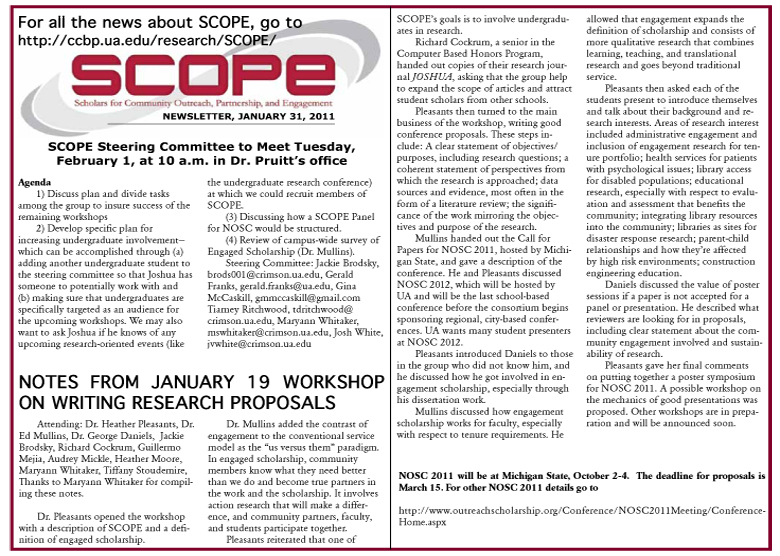Sustained Graduate Engagement: The Call for PAGE 2011-2012 Fellows
- March 21st, 2011
- in Call for Proposals (RFP)
Call for Applications to the 2011-12 Imagining America PAGE Summit and Working Group
Submission Deadline: June 1
Click here to apply
PAGE (Publicly Active Graduate Education) is Imagining America's network for publicly engaged graduate students in humanities, arts, and design. PAGE enhances the theoretical and practical tools for public engagement; fosters a national, interdisciplinary community of peers and veteran scholars; and creates opportunities for collaborative knowledge production.
IA invites graduate students with a demonstrated interest in public scholarship and/ or artistic practice to apply for a 2011-2012 PAGE Fellowship. Awardees receive $600 to attend a half-day Fellows Summit on September 21st and the 2011 Imagining America national conference, September 22-24, both in the Twin Cities of Minneapolis and St. Paul. The PAGE director will partner Fellows with senior scholar mentors as well as help promote opportunities for peer mentorship and support from IA's network. Upon acceptance of a Fellowship, participants also commit to participating in a yearlong working group to promote collaborative art-making, teaching, writing, and research projects. In doing so, PAGE is looking to foster a cohort of Fellows interested in pursuing collective and innovative scholarly practices. Fellows are asked to present such publicly-engaged scholarship/ art before the close of the academic year at either an IA regional meeting, a campus workshop of their own design, or another appropriate professional convening.
Within the frame of our 2011 national conference, themed around "What Sustains Us?" the PAGE Summit will take up questions similar to the gathering as a whole (see below), but through the lens of graduate education. This is an urgent moment in higher education, not the least in graduate programs, requiring us to think through sustaining public engagement through the intersections of mentorship, diversity, real-world interaction, student success, and scholarship. Fellows will be asked throughout the year to reflect upon their own public practice in the cultural disciplines, its place in making higher education a more democratic space, and the ramifications of the changing economic climate.
Graduate students at all stages of their MA/MFA/PhD programs, including previous fellows, may apply to be PAGE Fellows. Applicants must be graduate students during the 2011-2012 academic year, but do not have to be planning a career within higher education. Note: Only students who are affiliated with Imagining America member institutions are eligible for this award. For a list of member institutions, and more information about Imagining America, visit www.imaginingamerica.org.
Applicants must submit a CV and a short reflective essay (up to 500 words) on past, current, or future work in the context of one of the following issues, posed in the IA National Conference CFP:
- How can the increasing efforts to realize the democratic, public, and civic purposes of American higher education be sustained and forwarded? What sustains our engaged practices within a context of diminished resources and rapidly shifting cultures within higher education?
- How can engagement efforts contribute to sustained economic and cultural viability in urban and rural communities?
- What sustains stakeholders confronting challenges around power, race, class, and privilege?
Questions? Please contact National Director of PAGE, Adam Bush at asbush@gmail.com
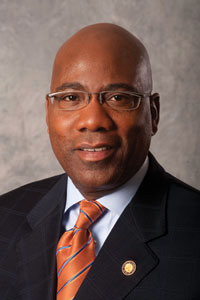

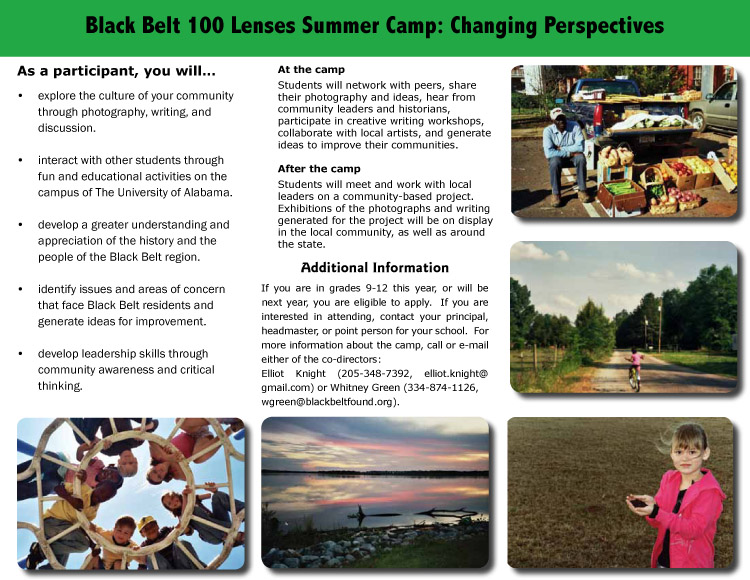
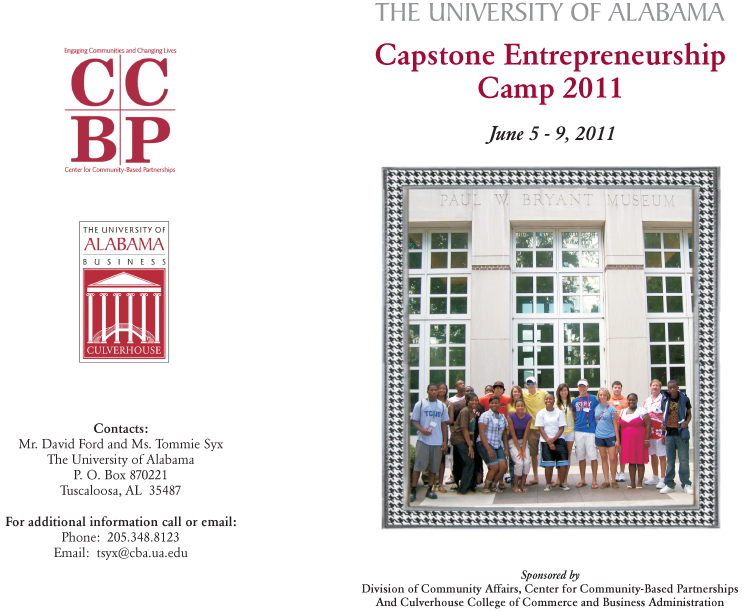
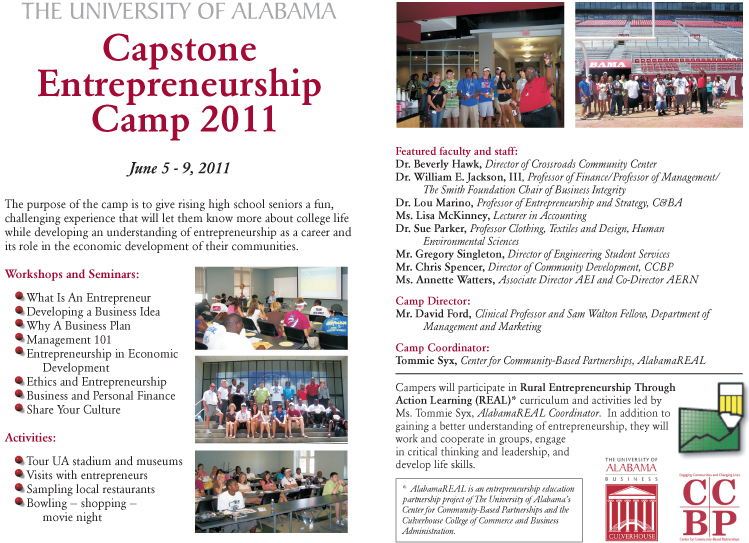

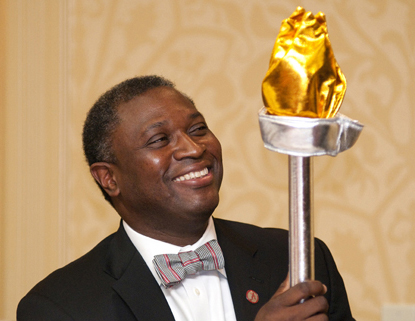
![Immigrant_Rights_Rally_and_Lobby_Day[1]](http://ccbp.ua.edu/wp-content/uploads/2011/03/Immigrant_Rights_Rally_and_Lobby_Day1-791x1024.jpg)
